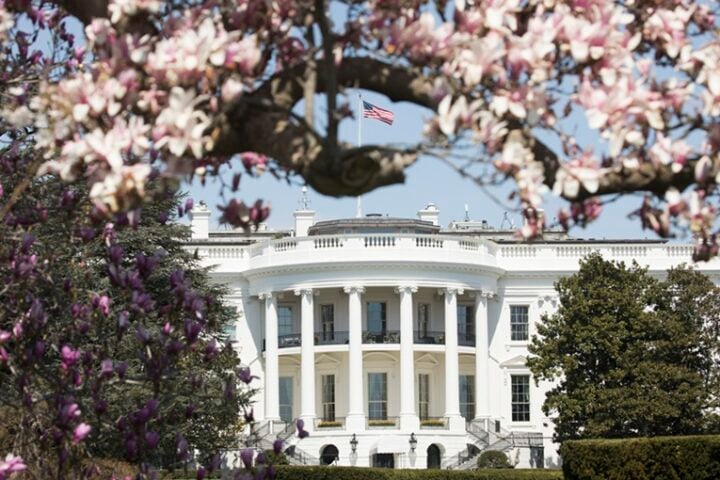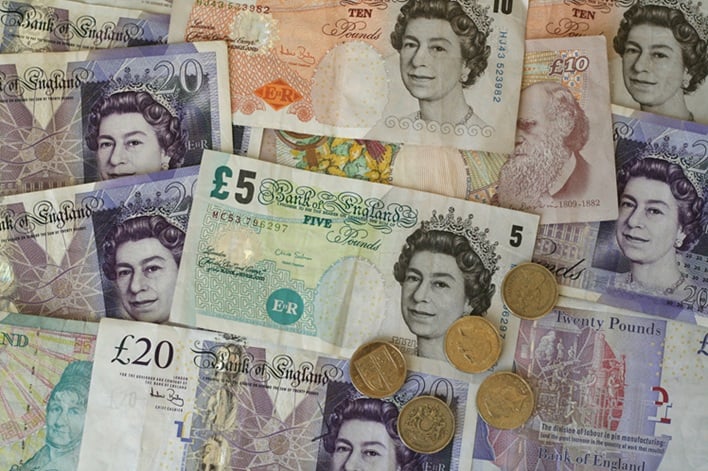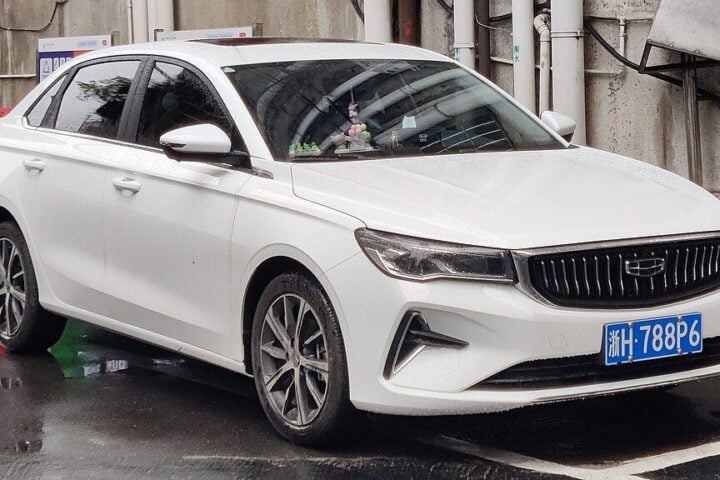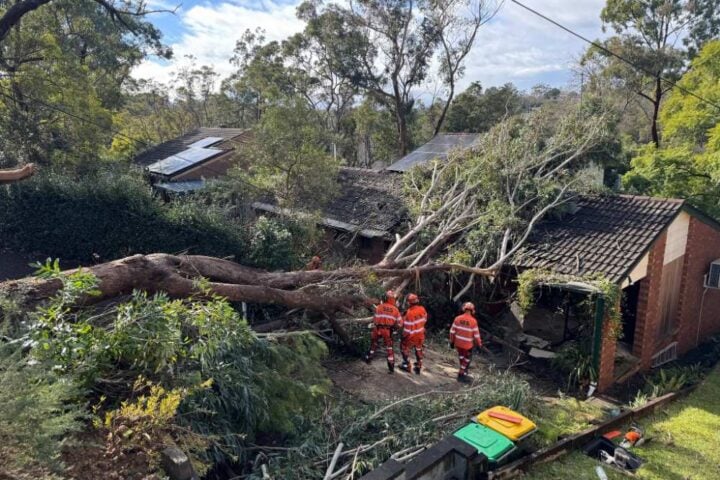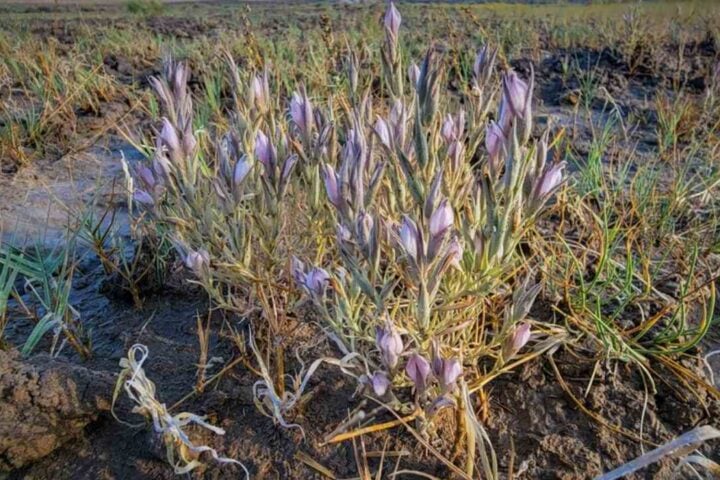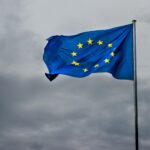The International Energy Agency publishes World Energy Outlook, an annual report with data based on objective and dispassionate analysis. It provides a critical analysis and insights into the ongoing trends in demand and supply. This year, the world is in the middle of a massive energy crisis due to the war situation in Europe. Thus, this year’s World Energy Outlook publication explores themes and raises questions regarding the current situation. An important revelation, global emissions will worsen by 2025.
The critical question is whether the current invasion will be a setback for clean energy transitions or will it stimulate action. Furthermore, it catechizes the government’s responses to shape energy markets and probes the security risks that lie ahead on the path to net zero emissions.
As a matter of fact, with all its unprecedented complexity, the global energy crisis has been in the picture for a long time. Only now, after the European armed conflict, has the situation aggravated. Europe, being the center, is already facing several implications for markets, policies and economies worldwide. Sadly, the suffering of the poorest and most vulnerable among all is inevitable.
Furthermore, the high prices are igniting a reappraisal of energy policies and priorities. Unfortunately, the Europe-Russia energy relationship is on thin ice and is questioning the viability of years-long fossil fuel infrastructure and investment decisions built across Europe and Russia. While a reorientation of international energy trade is under work and addresses longstanding vulnerabilities, it brings about new market risks.
There are several repercussions of the war that directly affects the energy markets. High energy prices are fatal to most households and businesses. Thus, these consumers are effectively choosing fuels that are regressing the process toward achieving universal access to energy.
Many governments are now implementing longer-term policies in addition to short-term ones to try to protect consumers from the crisis’ effects. Many are aiming to speed up structural changes, while others are looking to enhance or diversify oil and gas supply. The US Inflation Reduction Act, the EU’s Fit for 55 package and REPowerEU, Japan’s Green Transformation (GX) programme, Korea’s intention to increase the share of nuclear and renewables in its energy mix, as well as aspirational clean energy goals in China and India, are some of the most notable responses.
These new initiatives aid in driving global clean energy investment to more than USD 2 trillion a year by 2030, an increase of more than 50% from now, according to the WEO‘s Stated Policies Scenario, which is based on the most recent policy settings worldwide. The upside for coal from the current crisis is temporary in this scenario as renewables, bolstered by nuclear power, see continuous advances. A peak in global emissions is consequently attained in 2025. The 2020s see a significant reorientation of the global energy markets as nations adapt to the disruption of Russia-European flows.
While there have been responses solely focused on securing available supply and protecting consumers, they are short-term solutions. Meanwhile, governments in the US, EU and elsewhere have already adopted new policies that provide a boost to investments in clean energy and efficiency. High fossil fuel prices are stoking inflationary pressures, while the combination of falling incomes and rising prices have created a fatal risk of a global recession. The final question that looms over is what would be the possible solution to curb global recession without dismantling the basic structure and keeping in mind the impending war that inadvertently affects the entire world.



